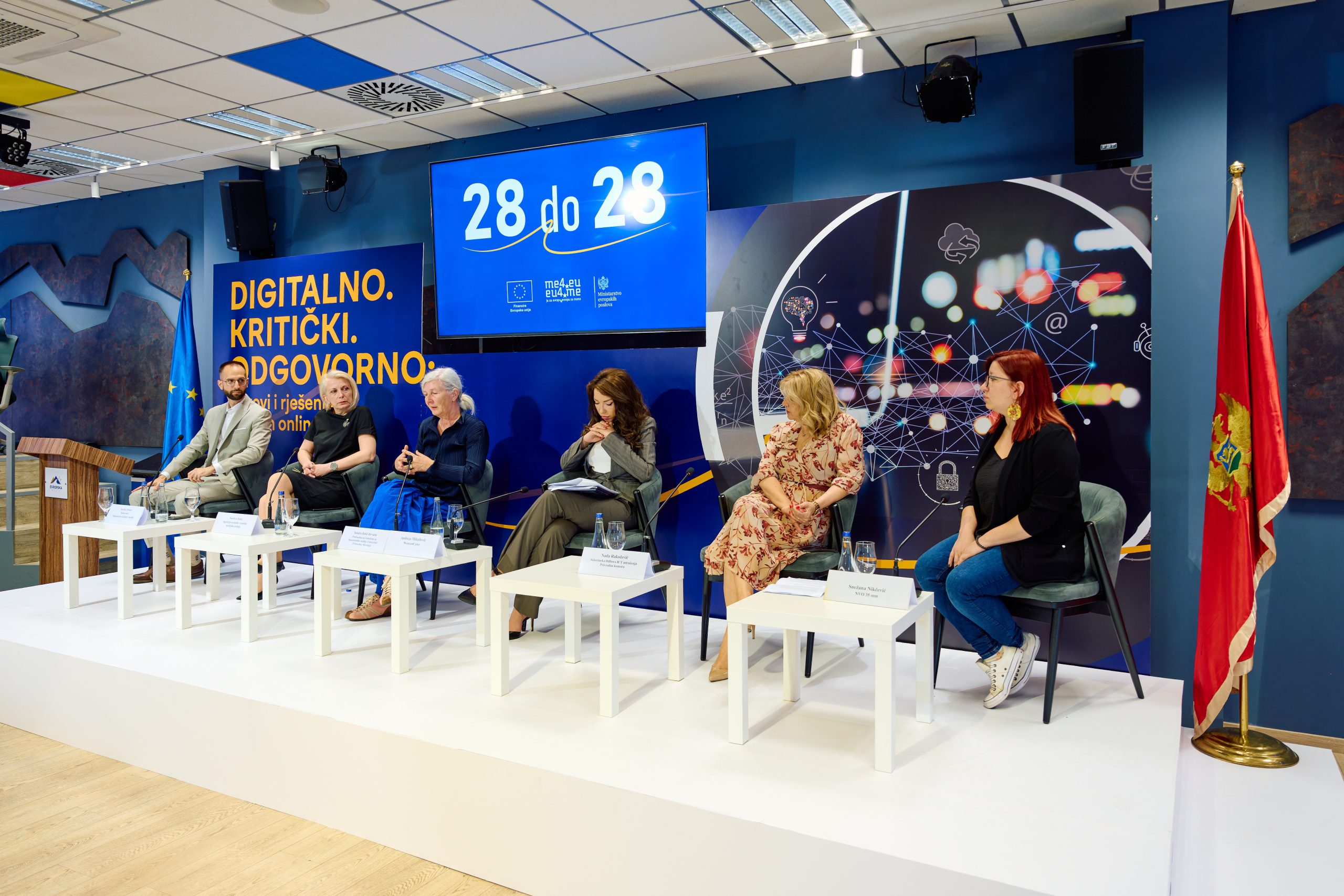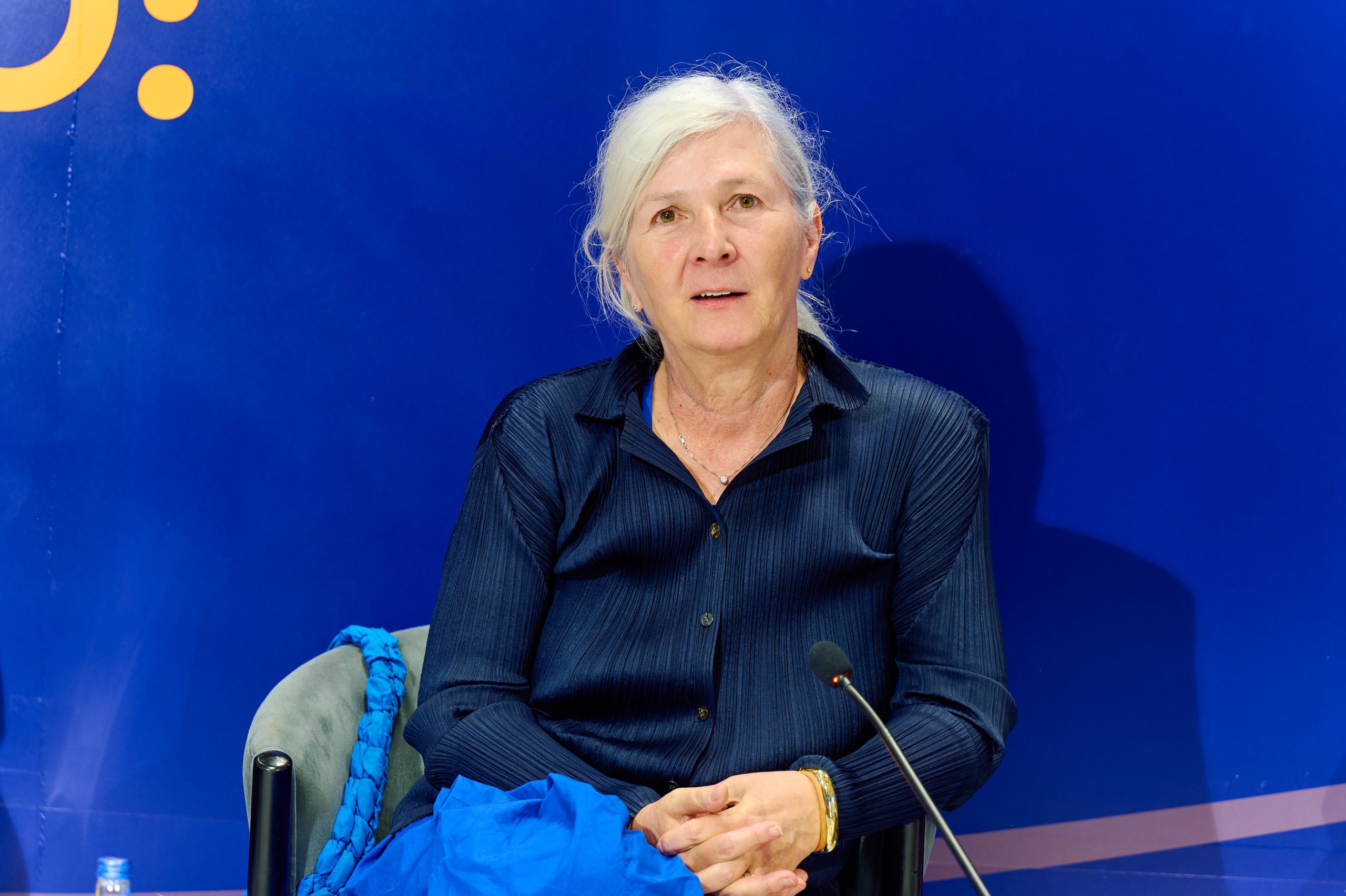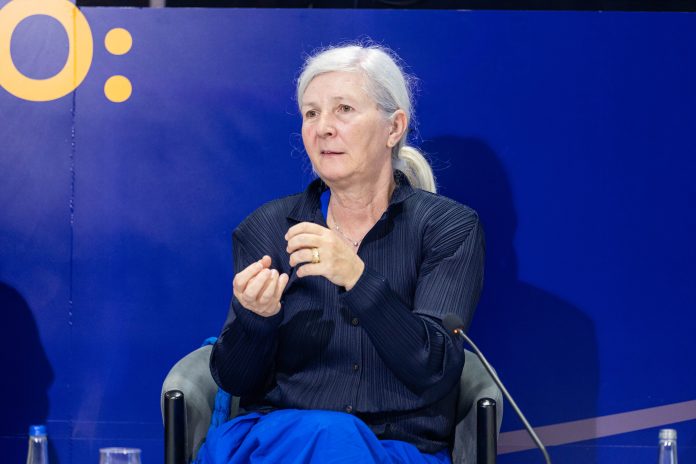The Digital Services Act (DSA) represents one of the most important legislative frameworks of the European Union aimed at regulating digital services, protecting the rights of internet users, as well as enhancing freedom of expression and media freedoms. As explained by Professor Sandra Bašić-Hrvatin, who spoke on this topic at the panel “Digital. Critical. Responsible: Challenges and Solutions for a Safe Online World,” organized by the Ministry of European Affairs with the support of the EU4ME project, this act brings a comprehensive approach to addressing the challenges of the digital economy and internet communication, while simultaneously emphasizing the responsibility of digital platforms and institutions. Special attention is directed towards regulation and the efficiency of the judiciary in the context of digital regulation. The implementation of the DSA has a significant impact on European integration and reforms in candidate countries such as Montenegro, with the goal of aligning with EU standards and protecting the public interest.

Could you briefly explain what the Digital Services Act (DSA) is and why it is important for citizens and the media?
The Digital Services Act (DSA) is one of the latest legislative acts of the European Union that attempts to address the problems of the internet, digital economy, the influence of the internet, and the rights to freedom of expression and freedom of information—which directly concern citizens—in such a comprehensive manner that citizens, media companies, society as a whole, and the economy all benefit.
In my opinion, the DSA is a new type of regulation that essentially requires the state not to address individual problems partially, but to think about the problem in a holistic way. You know that previous regulations established many regulatory bodies specialized in individual areas. However, this act requires all those different regulators to come together and actually work in the interest of citizens across all these elements. A key issue here is that the Ministry of Justice must be involved. The judiciary must understand how this regulation works, meaning efficiency is necessary.
Things happening on the internet are: a) fast; b) always remain there. So, if there are some prohibited practices that need urgent resolution, they must be resolved immediately, and the role of the judiciary in this case is crucial.
Slovenia adopted a special law for the implementation of the DSA — what are the key challenges and advantages of such an approach, and can Montenegro apply a similar model in the process of alignment with EU regulations?
I would caution here that it is also necessary to consider that not all EU countries have the same approach to establishing regulatory bodies. Slovenia’s approach differs from Montenegro’s. For comparison, Croatia is a better example for Montenegro, as it has a regulatory structure roughly similar to Montenegro’s.
This means that by that regulatory act, the new law on the implementation of the DSA essentially defines who the main coordinator is, which regulatory body will collect all the data and then make decisions, and precisely determines which DSA areas fall under the jurisdiction of individual agencies.

What would adopting the DSA mean for internet users in Montenegro — would it affect how social networks, advertising, and fake news operate?
I think citizens should approach Montenegro’s pre-accession negotiations with the European Union differently. The European Union, Brussels, or some distant center that seemingly makes unusual decisions — these are not foreign or hostile to citizens; citizens must understand that implementing all these laws is actually in their interest.
That means Montenegro will not be an island, a desert, or a Wild West where practices prohibited elsewhere will be allowed in Montenegro.
Citizens must understand that the process of changing legislation is essentially based on the state accepting certain practices, standards, rights, duties, responsibilities, etc., which are in the public interest.
This means much more attention must be paid to abuses of personal data, misuse of communication spreading disinformation — meaning prompt responses in these situations — and that people will have more rights also in other commercial internet-related activities.
In my opinion, the DSA is an educational law that essentially requires all institutions in Montenegro not only to accept the law but to seriously take up the responsibility of enforcing it — because the biggest problem with regulation is the weakest regulation: one that exists on paper but is not enforced.
The DSA now says — work! And not just one by one, but all together, working in the interest of citizens.
How crucial is the adoption and implementation of such European digital regulations for Montenegro’s European integration process, especially in the area of freedom of expression and media policies?
Media freedom and freedom of expression are not only legal issues but also matters of political culture, and political culture requires that rights and duties are not just on paper but must be implemented in practice.
It is not enough to say: we have a law that prohibits violating media autonomy, attacking journalists, lying, etc. This is a matter of political culture, where those in the highest political offices must clearly distance themselves from such practices and set an example by showing that communication must be in the public interest.
So, I would say that the DSA is more than just a formal transfer of legal norms from the European Union; it is a matter of political debate in Montenegrin society, which needs to put all these issues on the table, see what we have, what needs to be solved again — and then start addressing these problems through a strategic action.
The DSA says: regulation must be digital, regulation must think about problems this way, meaning — regulation must be the one that stays ahead of all the negative practices that arise.
For this, we need responsible politics, and politicians who have the courage to tackle and solve these problems. And the DSA is a necessary act for all these things to happen.
Author: Ana Palibrk


